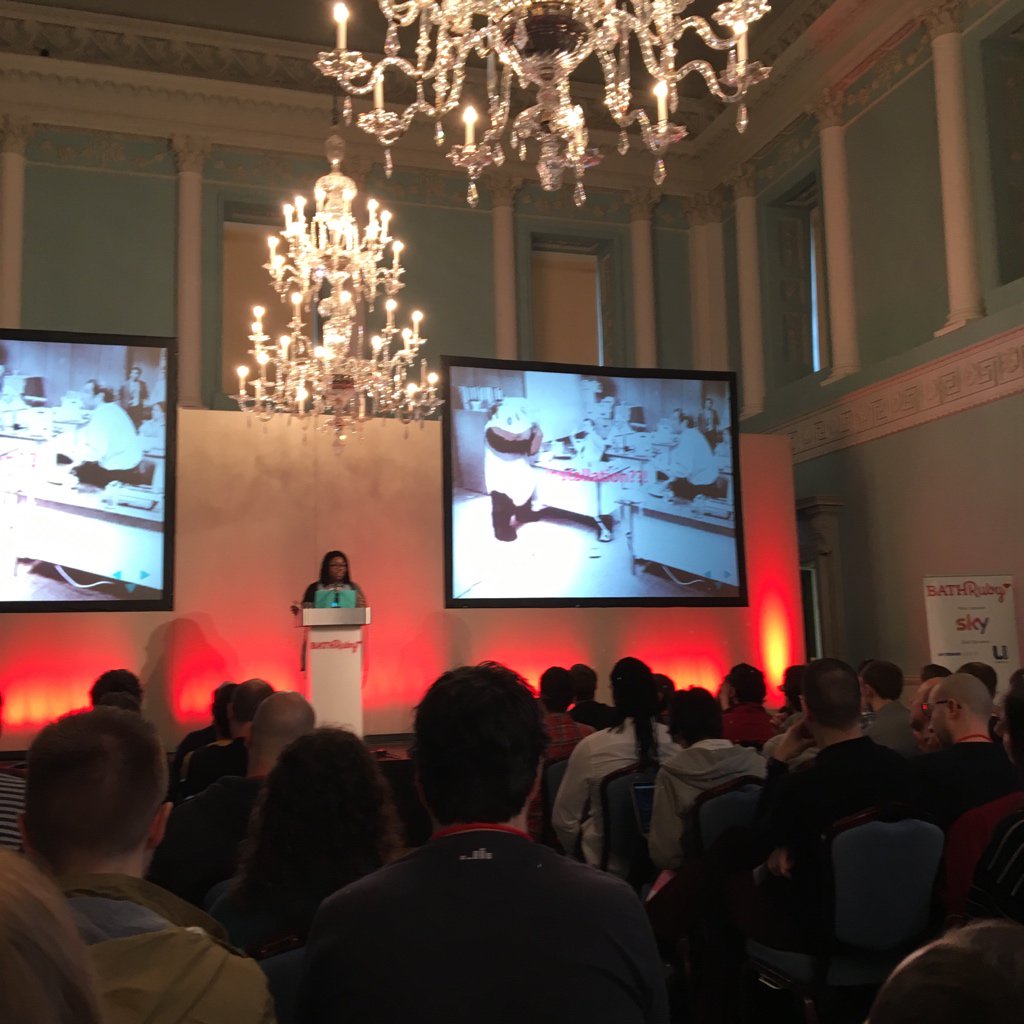- self-love: take an active effort to love yourself, including strengths and
weaknesses.
- ‘should’ is this feeling of obligation and intimidation that prevents people
from participating.
- Give yourself permission to write open source code
- Think about what your role is: what do you particularly want to get out of
open source code.
- Have code that you can show people (if your organisation’s code is 100%
private)
- to get to know a new tech by interacting with a real project that people
will actually use
- fixing a problem you really care about
- working with/learning from developers you look up to

- My personal goal:
- learn about how real-world problems are solved pragmatically
- Contributions to open source can be much broader than actual code -
publicising, documentation, tutorials etc.
- also code maintenance: refactoring, deployment, installation instructions
- different ways to search for projects based on why you’re looking:
- openhatch, codetriage, codemontage
- Hashtags - #first-timers-only, #help-wanted etc.
#protips:
- make sure the project is actually maintained (and so you have a chance
of getting merged)
- Call dibs on the issue - v. frustrating if you work on something and
someone else fixes it first
- First PR could be fixing issuses with installation of a dev environment
for a project
- be clear that you want feedback - give permission to the maintainer so
that they’re not afraid of putting you off
- open source is not a requirement: if it doesn’t work for you, you’re not
obliged to do stuff for free!
- If it makes you feel bad, don’t do it
